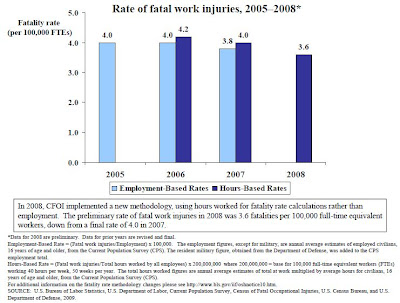This really does affect everyone, not just people at BP, not just the families of the deceased, not just the families of the fishermen, or the people who rely on the tourism industry. We are all impacted by this catastrophe.
We all seem to share some of the blame, because of our incredible appetite for oil and products that can only be made from or because of oil. If BP wasn’t there to tap that huge well 18,000 feet below 5,000 feet of water, then someone else would have been. The idea that humans can do such complicated things 23,000 feet below sea level without an accident is ridiculous.
It happened. It will (probably) happen again. This accident could happen anywhere, anytime, to any one of the other oil drilling companies. While BP is stepping up to help mitigate the effects, everyone has had a hand in this accident, because you and I all consume oil. We can’t live without it.
Allegedly also, our Minerals Management Service (http://www.mms.gov/), an agency of the United States government Department of the Interior, wasn’t doing its job at all, or wasn’t doing it well, or was also cutting corners, being lazy, not paying attention to detail, giving BP a seal of approval that this particular site was safe (and that all the equipment being operated there was in good condition), when it was not. If MMS can’t oversee such complicated operations, then who can?
Maybe the regulations just aren’t architected well enough? Maybe there aren’t enough honest, moral, ethical inspectors really doing their jobs correctly? Maybe they don’t get paid well enough?
Maybe certain BP managers or key decision-makers were pressured to ignore the warning signs of the impending disaster? Maybe BP just doesn’t have the proper checks and balances, internal policies and processes? Maybe BP’s compensation plan and managerial strategies just do not motivate the proper kinds of behavior of its people at all and every level of employment?
The first key point; this accident could have been avoided. The second key point; specialized equipment and “relief wells” could have already been in place, to ameliorate the scale and scope of the incident before it became the nightmare that it is. The third key point; people have to understand the totality of their action or inaction.
Why does it take 3 months to drill a relief well? Why wouldn’t that already exist before a well of this magnitude is tapped? Some possible explanations are: (a) because it costs too much, (b) because it takes too long and (c) our other plans to stop a blowout will work (what’s that word again, “hubris”?).
Regulations need to be improved. Company policies, processes and procedures (and culture) need to improve. People need to improve. Technology needs to improve. The interactions between community, company and government needs to improve.
Corruption needs to end. It’s killing our economy and our environment – hence our plants, animals, food sources – we’re killing ourselves, if not in one major disaster, then slowly over time.
We have a long way to go – but we can hopefully learn from this (like the Exxon Valdes?) and hope for a brighter future.
So, what are you doing to help prevent fatal fall accidents at your site? What are the implications? What can be done to prevent fatal fall accidents?
Food for thought. God bless.








